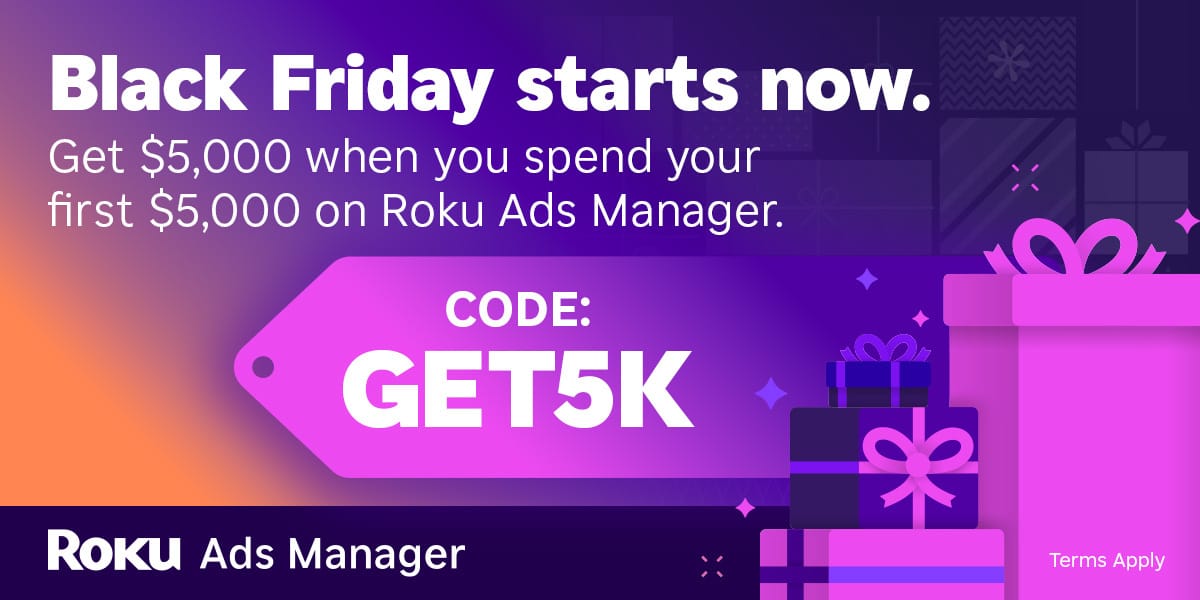🤖 AI Daily Update
Tuesday, November 18, 2025
The AI world is witnessing stark contrasts today: while music's biggest names stage a unprecedented silent protest against AI's creative encroachment, Google DeepMind is proving AI's life-saving potential with hurricane forecasts that dramatically outpace traditional methods. From creative resistance to meteorological revolution, here's what's reshaping the AI landscape.
🎵 The Sound of Silence: Music Industry's Boldest AI Protest Yet
Paul McCartney, the legendary Beatles member, has joined forces with the music industry in an extraordinary protest against artificial intelligence's growing influence. The campaign centers around a deliberately silent track release that speaks volumes about artists' concerns over AI training on copyrighted material without consent or compensation.
The protest represents a creative twist on traditional industry activism. By releasing tracks with minimal or no audio content, artists are making a statement about the value of human creativity while simultaneously drawing attention to how AI systems are being trained on decades of musical works. This approach cleverly subverts the very technology that threatens to replace human artistry—AI models trained on music would find little to learn from silence.
The timing is particularly significant as the music industry grapples with AI-generated songs that mimic famous artists' styles and voices. McCartney's involvement brings considerable weight to the movement, given his status as one of the most influential musicians in history. The protest highlights growing tensions between technological innovation and intellectual property rights, a conflict that's becoming increasingly urgent as AI capabilities advance. This coordinated action signals that major artists are no longer willing to stand by while their life's work becomes training data for systems that could ultimately diminish the value of human musical creation.
🌀 Google DeepMind's Hurricane AI: Faster Forecasts, Safer Communities
While creative industries push back against AI, Google's DeepMind is demonstrating the technology's life-saving potential with a breakthrough in hurricane forecasting. The company's new AI tool is delivering significantly faster and more accurate predictions of hurricane behavior, giving communities precious additional time to prepare for these devastating storms.
Traditional hurricane forecasting relies on complex physics-based models that require massive computational resources and significant time to process. DeepMind's AI approach fundamentally changes this equation by using machine learning trained on historical weather data and storm patterns. The system can analyze atmospheric conditions and predict hurricane trajectories and intensification patterns more quickly than conventional methods, potentially providing emergency managers and residents with earlier warnings to evacuate or prepare.
The implications extend far beyond faster predictions. With climate change intensifying hurricane activity and creating more unpredictable storm behavior, AI tools that can adapt to evolving patterns become increasingly valuable. The technology could help forecast not just where hurricanes will go, but how they'll intensify—a critical factor that traditional models often struggle with. As hurricane seasons grow more severe and populations in vulnerable coastal areas continue to expand, DeepMind's forecasting tool represents the kind of practical AI application that directly protects lives and property. This stands in stark contrast to the creative concerns raised by McCartney and fellow musicians, showcasing AI's dual nature as both disruptor and savior.
💡 The Bigger Picture
Today's contrasting stories reveal the complex reality of artificial intelligence in 2025. On one hand, we see legitimate concerns from creative professionals whose livelihoods and artistic legacy face unprecedented challenges from AI systems trained on their work without consent. On the other, we witness AI's remarkable potential to solve pressing global challenges like extreme weather prediction.
The question isn't whether AI should exist, but how we deploy it ethically and effectively. As these technologies continue advancing, the conversations sparked by protests like McCartney's become essential for shaping responsible AI development. Meanwhile, breakthroughs like DeepMind's hurricane forecasting remind us why this technology matters. For businesses looking to leverage AI responsibly, tools like 60sec.site are making AI-powered website creation accessible while keeping humans firmly in control of their creative vision. Stay informed on these developments by visiting news.60sec.site for daily AI insights.
As we move forward, expect more industries to grapple with similar tensions between innovation and protection, between disruption and preservation. The AI revolution isn't slowing down—but the conversation about how to guide it is just beginning.
Find your customers on Roku this Black Friday
As with any digital ad campaign, the important thing is to reach streaming audiences who will convert. To that end, Roku’s self-service Ads Manager stands ready with powerful segmentation and targeting options. After all, you know your customers, and we know our streaming audience.
Worried it’s too late to spin up new Black Friday creative? With Roku Ads Manager, you can easily import and augment existing creative assets from your social channels. We also have AI-assisted upscaling, so every ad is primed for CTV.
Once you’ve done this, then you can easily set up A/B tests to flight different creative variants and Black Friday offers. If you’re a Shopify brand, you can even run shoppable ads directly on-screen so viewers can purchase with just a click of their Roku remote.
Bonus: we’re gifting you $5K in ad credits when you spend your first $5K on Roku Ads Manager. Just sign up and use code GET5K. Terms apply.

